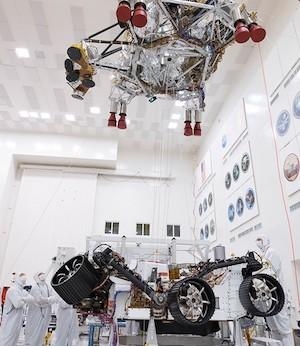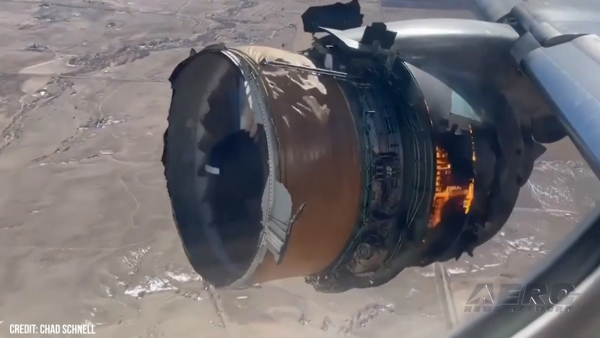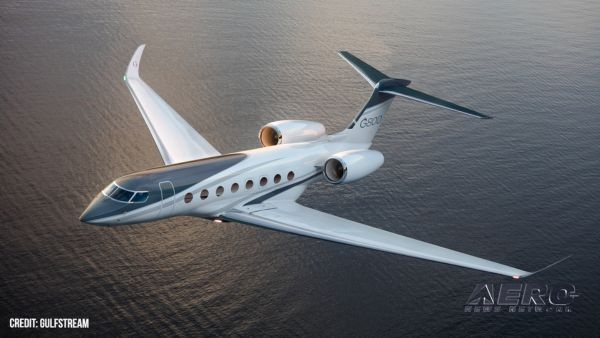Sat, Oct 12, 2019
Advertisement
More News
 Airborne 08.29.25: G800 Delivery, Alaska F-35 Crash, USCG-RCAF Medevac
Airborne 08.29.25: G800 Delivery, Alaska F-35 Crash, USCG-RCAF Medevac
Also: New SAF, Korean Air Buys 103 Boeings, Maryland SP Helo Rescue, OK AWOS Update Gulfstream Aerospace Corporation announced its first customer delivery of the all-new Gulfstream>[...]
 Aero-News: Quote of the Day (08.30.25)
Aero-News: Quote of the Day (08.30.25)
"This is just an absolute win win win. If there is a rejected takeoff we now have the confidence that the arrestor system will ensure passenger and crew safety." Source: FAA Admini>[...]
 ANN's Daily Aero-Term (08.30.25): Low Approach
ANN's Daily Aero-Term (08.30.25): Low Approach
Low Approach An approach over an airport or runway following an instrument approach or a VFR approach including the go-around maneuver where the pilot intentionally does not make c>[...]
 ANN's Daily Aero-Linx (08.30.25)
ANN's Daily Aero-Linx (08.30.25)
Aero Linx: Historic Aircraft Association (HAA) The Historic Aircraft Association (HAA) was founded in 1979 with the aim of furthering the safe flying of historic aircraft in the UK>[...]
 NTSB Final Report: Excalibur Excalibur
NTSB Final Report: Excalibur Excalibur
While Flying About 1,500 Ft Above Ground Level, A Large Bird Struck The Right Side Of The Airplane Analysis: The pilot reported that while flying about 1,500 ft above ground level,>[...]
blog comments powered by Disqus




